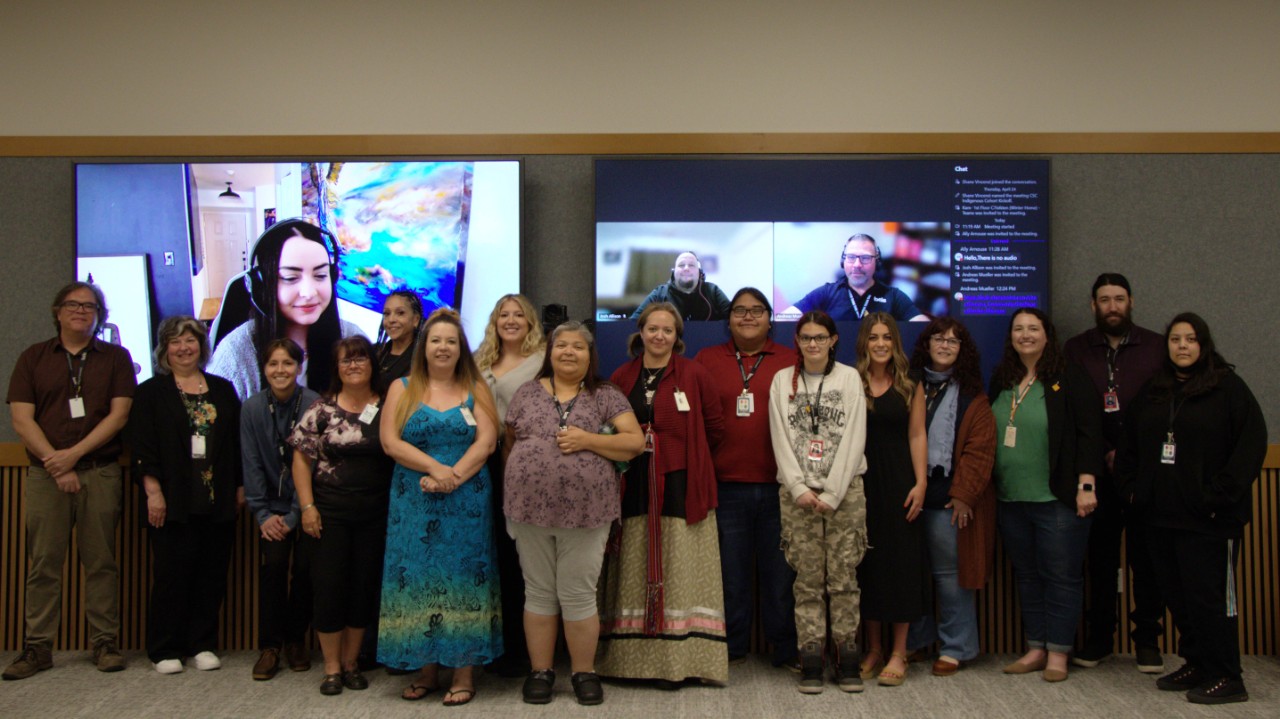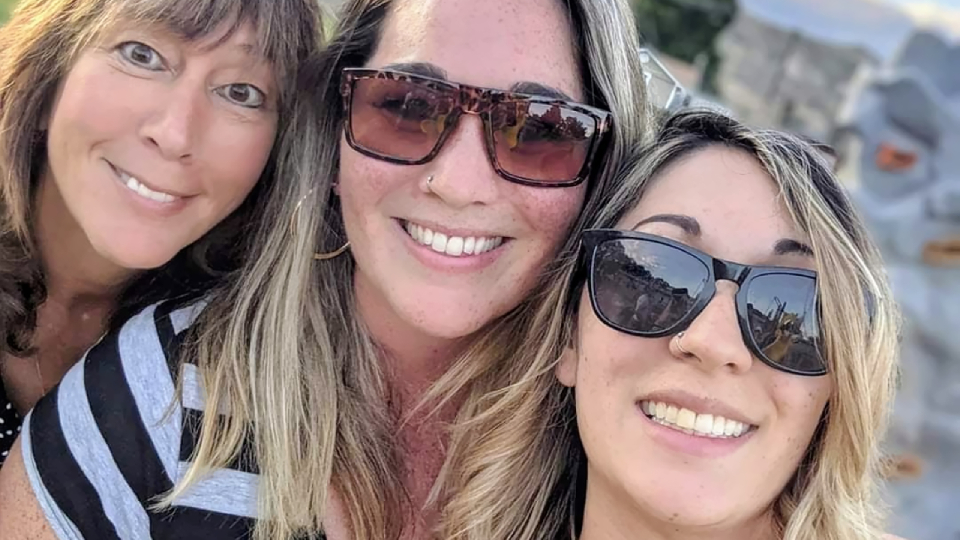As part of its commitment to reconciliation and decolonization work, BCLC recognized an opportunity to hire an all-Indigenous cohort of Customer Support Associate (CSA) positions within its Customer Support Centre (CSC).
BCLC’s Senior Manager of Indigenous Relations, Shane Vincenzi, and Martin Lampman, BCLC’s Director of Customer Support Operations, recently sat down together to discuss the ‘why’ behind this important program and their shared goals for the cohort.
SV: Walk me through how the initial idea for this cohort came about? Why was it important for you to establish this cohort within your department?
ML: While the idea for this cohort came about prior to COVID-19, it was during the pandemic that we really began to think about the barriers, challenges and opportunities facing, and available to BCLC when it came to increasing equitable hiring opportunities and practices for Indigenous Peoples at BCLC.
I often refer to the CSC as the eyes and ears to the organization, as we support the organization in so many ways – from supporting players with the products to assisting them throughout their player journey. Establishing this cohort presented an array of learning and growth opportunities for both the cohort members and our wider teams, contributing to their long-term success at BCLC and beyond, but also to the organization itself.
ML: What were the pivotal steps required to help bring this idea to fruition?
SV: Because the cohort was only open to Indigenous applicants, one of the most significant steps was applying for and acquiring a special program from B.C.’s Office of the Human Rights Commissioner. When we received the approval, we were pleasantly surprised to learn that we were approved to run the program for a five-year term. Next steps were collaborating with our Indigenous partners to get started on bringing this program to life.
SV: How many cohort members can be hired as part of this program? Where will they be based?
ML: The program allows the potential for the recruitment of nine cohorts over the five-year term, with the exact number of individuals hired dependent on the needs of the business. All cohort members will have the flexibility to work out of either of our two offices in Kamloops or Vancouver or remotely from their respective communities. The first cohort, which begins training this month, includes nine members from across the province residing in the Okanagan, Southern Interior, Vancouver Island, Lower Mainland and Northern B.C.
This hybrid work environment is a great fit for people who don’t reside close to one of BCLC’s offices or have transportation challenges. It also enables BCLC to learn from unique perspectives and viewpoints from communities across the province, while expanding BCLC’s economic impact.
SV: Can you discuss the type of work that they will be doing within the CSC?
ML: Cohort members will handle a wide range of support-related duties within the department, including addressing customer inquiries, providing assistance and resolving issues through a variety of customer-facing communications channels such as via social media, our mobile apps, phone and email. Cohort members will benefit from peer learning and participate in skill-sharing and knowledge exchange.
There are also growth opportunities within the CSC to move into our live chat and back-office channels, allowing cohort members to diversify their skills and advance their careers.
ML: Collaboration with external Indigenous partners was imperative to creating and guiding the development of this program. What did that process look like and why was it important to collaborate with them from the very beginning?
SV: We knew that it would take a unique approach to fill all the seats, one that relied on relationships and trust. To that end, the Indigenous Relations and CSC teams worked with Indigenous training and employment coordinators throughout Secwepemcúl'ecw (the Secwepemc territory) to directly learn and recruit from Indigenous communities.
This meant showing up to community events and talking to potential candidates in person. We also leveraged the strength of our existing connections, to promote the opportunity by relying on the voices of trusted partners to extend our reach.
SV: What are some of the ways BCLC innovated to help make this special program a success? Why was it important?
ML: From a recruitment side, we experimented with sharing the job postings on social media – a first for us – and were invited to visit various Indigenous communities to share information on the roles and network with potential applicants. BCLC’s training and onboarding materials were reviewed to ensure they were culturally appropriate and inclusive of Indigenous language and knowledge – and that there is a practice in place to ensure they are revisited and updated, as appropriate. Lastly, we wanted to welcome the cohort to BCLC in a way that acknowledges and respects Indigenous protocol and held a welcoming ceremony on May 27.
ML: Why is it so important that equity-deserving programs like the all-Indigenous CSC cohort exist? What do you hope to see five years from now when the last cohort is onboarded?
SV: Programs like these are imperative to begin righting the wrongs of historic systemic inequities; a hand up, not a handout. Creating and implementing this program was a key learning opportunity for everyone involved in re-imagining how we could do things differently and, better, to further our relationships with Indigenous communities and decolonize our processes, specifically within our hiring practices.
My goal in five years’ time is to see the last cohort being welcomed into the organization by the people who we welcomed into the organization this week, truly thriving and enjoying their careers at BCLC — a full circle magnification of the program’s impact.


